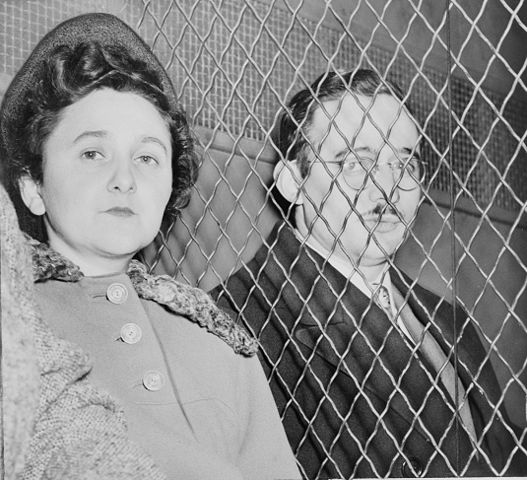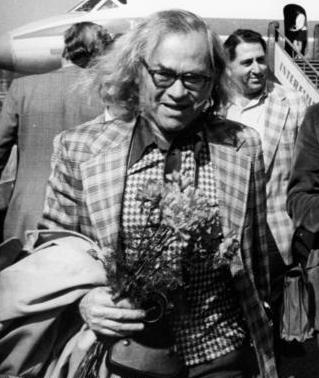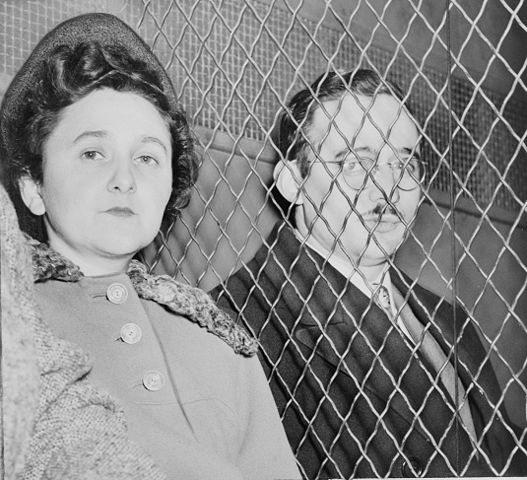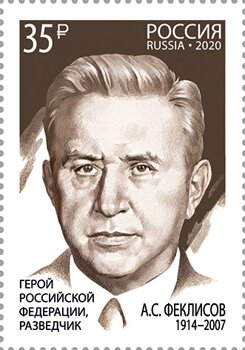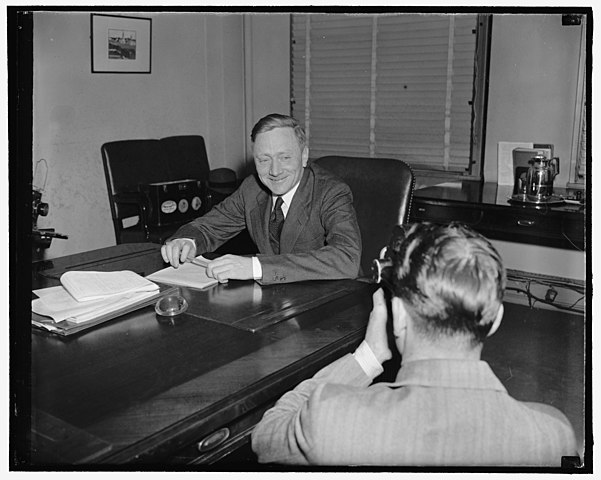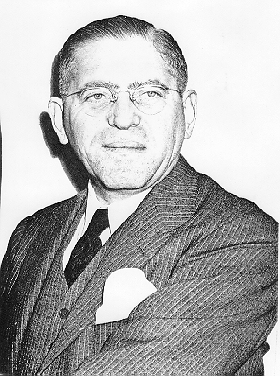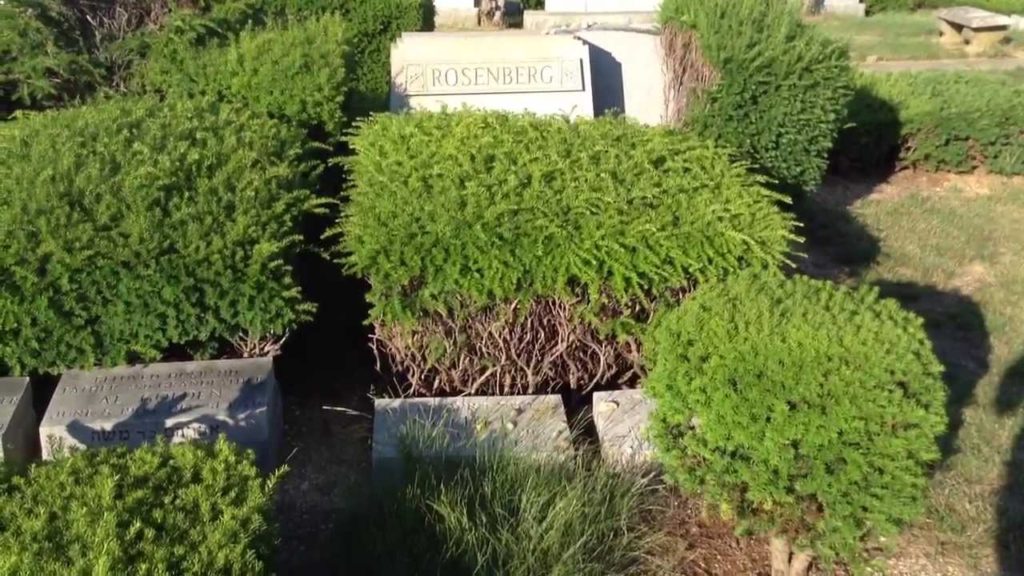Soviet spies who betrayed the secret of the A-Bomb or innocent victims framed by Cold War hysteria, legal corruption and anti-Semitism? Over seventy years later the debate rages on.
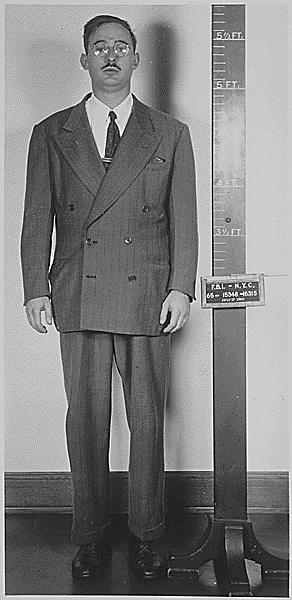
Julius and Ethel Rosenberg began their lives as two of the most unlikely individuals to ever acquire their eventual high profile notoriety. Julius’ immigrant father, Harry, worked in the Garment District, providing his family with a better than average income that allowed the Rosenbergs to live a lifestyle marginally better than many of their Lower East Side counterparts. His mother, also an immigrant from Eastern Europe was an illiterate homemaker who took care of Julius and his four siblings. Quite serious, even as a teenager, Julius was a good enough student to consider rabbinical studies. A high school graduate at 16, he eventually settled on engineering, enrolling at the City College of New York. Politically aware, he also became active in several associations associated with the Communist Party, especially the Young Communist League.
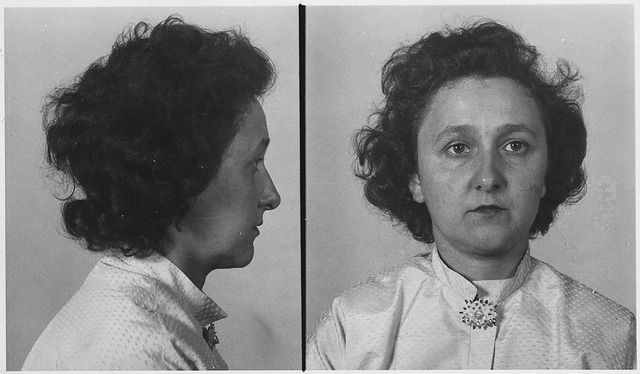
Ethel Greenglass came from a similar Lower East Side background as her eventual husband, her father working in the sewing machine repair shop on the ground floor beneath the family apartment. Three years older than Julius, they met as a result of their political interests and involvement in the Young Communist League. Ethel was an aspiring actress and singer from a young age and was preparing to perform on New Year’s Eve, 1936, at a union benefit that Julius also attended. After an introduction from a friend, Ethel agreed to Julius’ request to walk her home and from then on, the couple was inseparable.
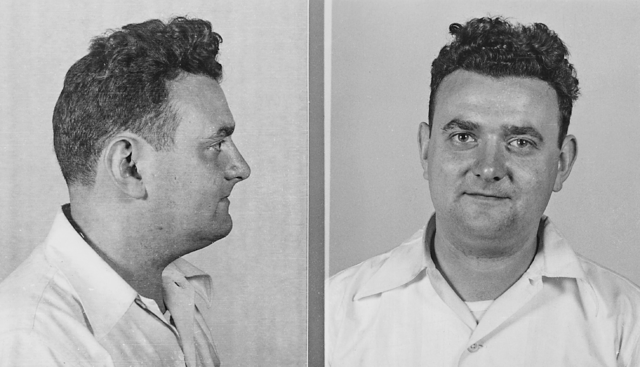
David Greenglass’ testimony against his own sister and brother-in-law, which even he admitted later was disingenuous and coached by the federal government, was lethal to the Rosenbergs.
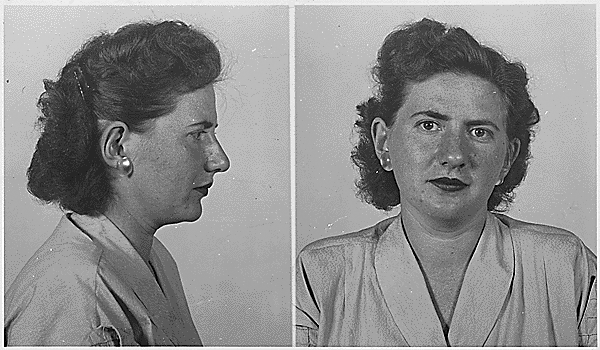
Only a minor player in the Rosenberg spy ring, the FBI and US Government threatened the Greenglass’ if they did not cooperate and help with the prosecution of their own relatives.
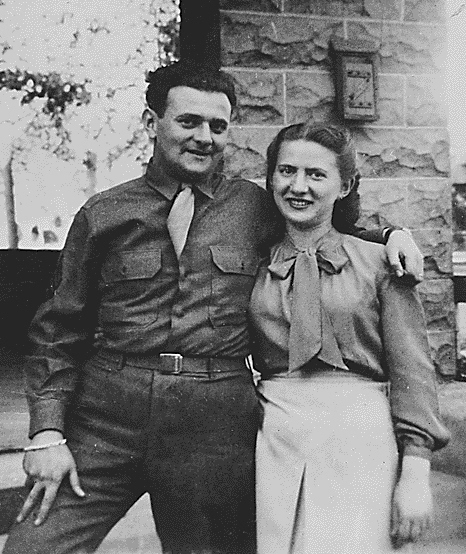
David Greenglass’ random assignment to the highly sensitive Manhattan Project to construct a nuclear weapon placed him in proximity to information that was of interest to his brother-in-law, Julius Rosenberg
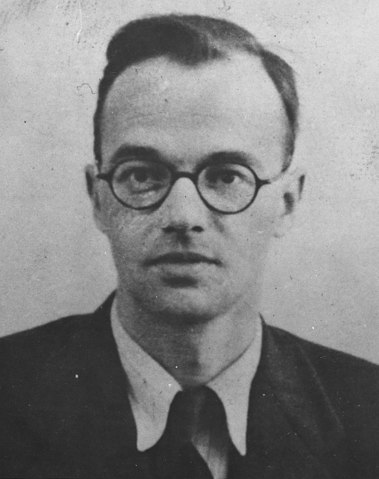
Fuchs’ arrest and testimony led the FBI to both Harry Gold and eventually the Rosenbergs. He was sentenced to fourteen years in prison, served nine and was released. He then emigrated to East Germany, and worked on weapons research until his eventual retirement as a highly decorated Communist hero.
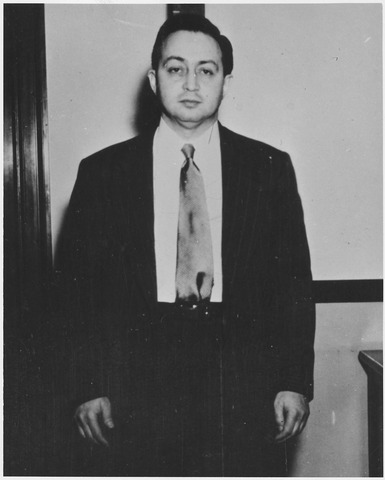
Harry Gold was a Soviet espionage agent and courier who interacted between David Greenglass and Klaus Fuchs. He testified against the Rosenbergs, received a thirty year jail sentence and was released after serving approximately fifteen years. He worked as a hospital pathologist and died in 1972.
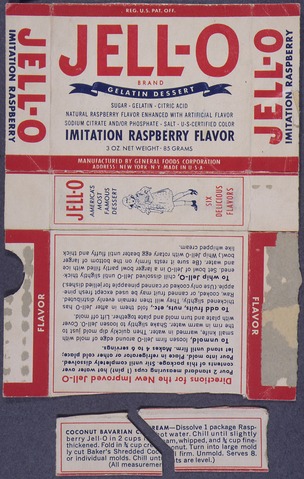
Although a recreation, this piece of evidence was crucial to demonstrating the tradecraft and espionage capabilities of Julius Rosenberg. Harry Gold presented one half of the box to David Greenglass to introduce himself and demonstrate that he was sent by Julius Rosenberg. The Jell-O box used at the trial is now in the National Archives.
Podcast: Play in new window | Download
Subscribe: RSS

